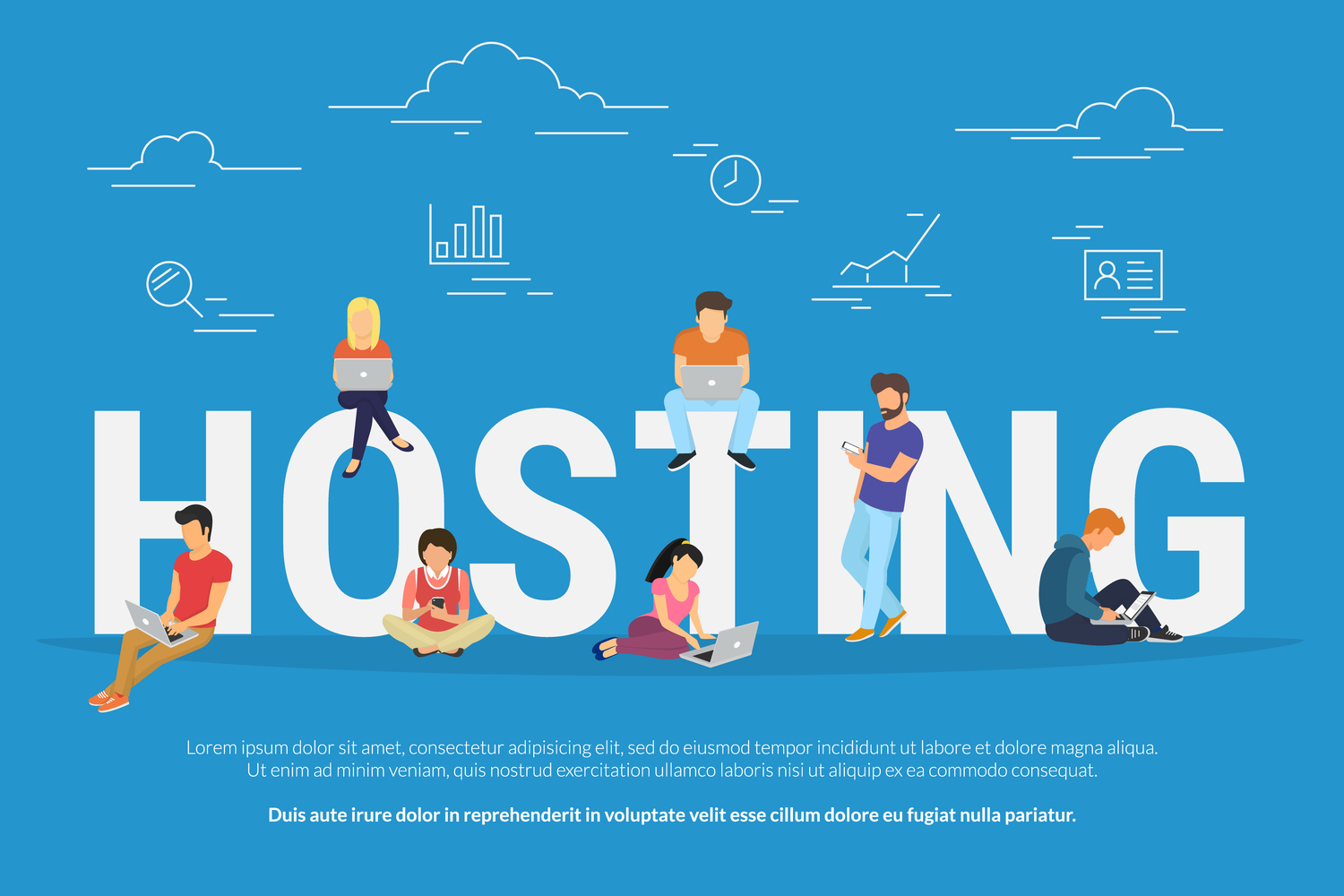A Comprehensive Comparison of Leading Web Hosting Providers: Web.com vs. GoDaddy
This comprehensive comparison analyzes Web.com and GoDaddy, two leading web hosting providers. The article discusses their hosting features, security measures, pricing models, and customer support to help business owners choose the best option. Ideal for small to medium enterprises, it highlights which provider offers better value, scalability, and security for different business needs, guiding entrepreneurs on making informed decisions for their online presence.

Deciding Between Web.com and GoDaddy: Which Web Hosting Service Aligns Best With Your Business Goals?
Choosing the right web hosting provider is a crucial decision for any business looking to establish a strong online presence. With countless options available in the market, narrowing down the best fit can be overwhelming. Among the industry leaders are Web.com and GoDaddy, both trusted names renowned for their reliable hosting solutions, user-friendly website builders, and extensive customer support. This detailed comparison explores key aspects such as hosting features, security measures, pricing structures, and customer service to help you identify the ideal partner for your website needs.
Exploring Hosting Features and Infrastructure
GoDaddy has built a reputation for offering competitively priced hosting plans that deliver fast website load times, which are critical for user experience and SEO rankings. Their plans often include a free domain registration, making them attractive for startups and small businesses eager to minimize initial costs. GoDaddy provides flexible control panels through cPanel or Plesk, giving users the option to manage their sites effectively, and offers opportunity to upgrade plans as business needs grow, from basic shared hosting to more advanced options.
Web.com, on the other hand, emphasizes simplicity and affordability. They provide straightforward hosting solutions designed for users with limited technical expertise. Their plans enable website owners to set up without extensive coding knowledge, featuring features such as unlimited data transfer, multiple email accounts, and free domain registration for the first year. Although Web.com primarily focuses on shared hosting and website builder services, they lack offerings in VPS or dedicated server options, which might be a consideration for businesses with larger or more complex website requirements.
Security Protocols and Safeguards
Website security is paramount for maintaining trust, protecting customer data, and improving search engine rankings. Both Web.com and GoDaddy understand this importance and incorporate security tools into their services. All hosting plans include SSL certificates, which encrypt data transmitted between the server and users’ browsers. GoDaddy makes SSL certificates available for free on select plans, simplifying security implementation for their customers. Web.com, however, sells SSL certificates separately, with pricing ranging from $28 to $480 annually, depending on the level of encryption and validation required.
Additionally, GoDaddy offers advanced security features such as malware scanning and removal, DDoS protection, and brand reputation monitoring, with prices starting at approximately $5.59 per month. These features assist businesses in preventing cyberattacks, mitigating vulnerabilities, and maintaining a positive online reputation. Web.com provides essential security measures as part of their hosting plans but does not currently offer the same array of advanced security options as GoDaddy, which could influence security-conscious businesses’ choice.
Pricing and Value Assessment
The cost of hosting services is a vital factor for small and medium enterprises, especially those in the startup phase. GoDaddy’s hosting plans typically range from $5.99 up to $19.99 per month, depending on the features, storage, bandwidth, and support levels. Their packages are labeled as Economy, Deluxe, Ultimate, and Maximum, catering to different website traffic volumes and technical needs.
Web.com’s hosting options are slightly more affordable, with plans such as Essential, Professional, and Premium priced between $5.95 and $9.95 per month. Both providers include convenient features like one-click application installers (e.g., WordPress, Joomla, Drupal), control panels, and basic security measures, making setup and site management straightforward. While Web.com sometimes offers marginally lower prices, GoDaddy’s feature-rich plans often provide better value, particularly for growing businesses seeking scalable solutions with added marketing and support services.
Customer Support and User Experience
Customer support is a decisive factor for many website owners, especially those lacking technical expertise. GoDaddy enjoys a stellar reputation for 24/7 customer support available via phone, chat, and email. Their extensive knowledge base, forums, and community blogs also serve as valuable resources for troubleshooting and learning more about website management.
Web.com similarly provides comprehensive support options which include phone and live chat, along with a detailed Help Center that covers common issues related to hosting, domain management, and security. Both providers aim to assist users promptly, though GoDaddy’s larger team and global presence often translate to shorter wait times and broader service coverage.
Which Hosting Provider Best Fits Your Business Needs?
When choosing between Web.com and GoDaddy, consider your specific business requirements, technical expertise, and future growth plans. For medium to large enterprises managing multiple or complex websites, GoDaddy’s extensive feature set and round-the-clock support services make it an ideal choice. Their additional offerings such as digital marketing tools, WordPress integration, and security enhancements can significantly boost your online presence and operational efficiency.
For small to medium-sized businesses seeking an affordable, easy-to-use solution with essential features, Web.com offers a compelling package. Its simple setup process, website builder options, and bundled marketing tools are suitable for entrepreneurs and startups looking to establish a professional website without intricate technical challenges. However, because Web.com does not currently offer VPS or dedicated hosting, larger businesses with high website traffic or custom server needs might find their options limited.
Ultimately, the decision hinges on your business’s specific needs, budget, and growth objectives. Evaluating factors such as security requirements, support availability, ease of use, and scalability can help determine the most suitable hosting provider.





